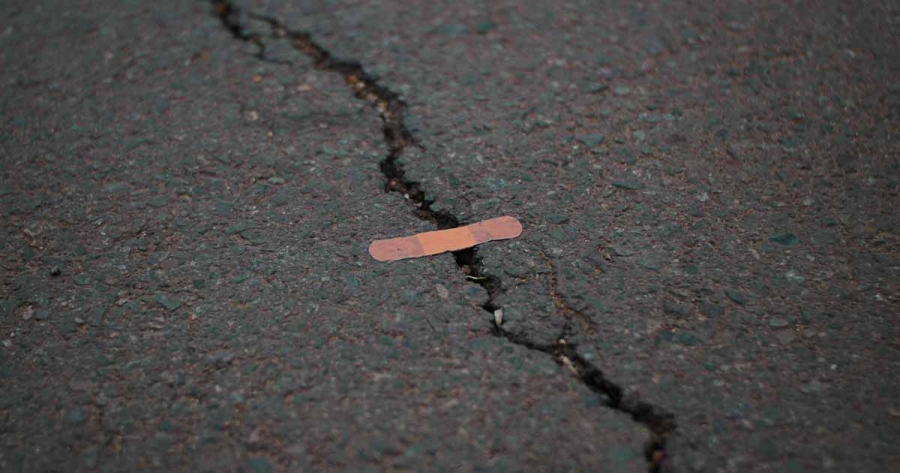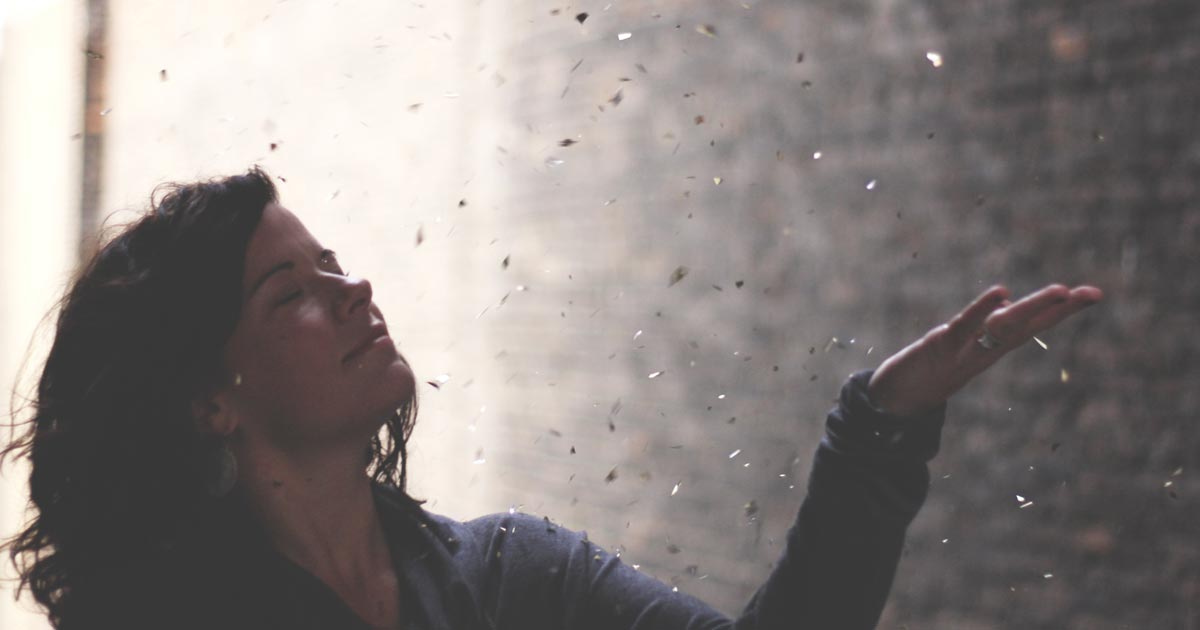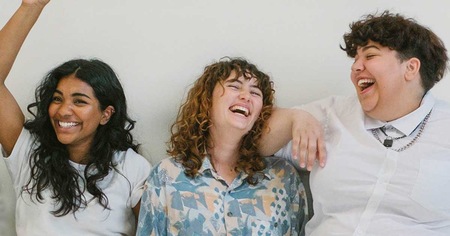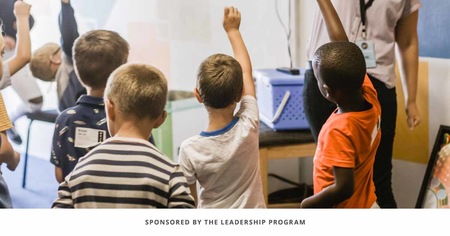"I don't like it in the moment I get hurt, but I looove scars." I laughed and said, "Why, buddy?" "Because the scars show that I've been there, that I've had adventures. Like, this scar I got from camping that weekend? Well, if I just say I got it 'camping,' people probably assume I got attacked by a bear or something."
And I laughed and said, "You're right! Scars do tell stories, don't they?"
I love scars, too, because they DO tell stories.
(Even if you let people assume you've been attacked by a bear, when really you just fell on the gravel while running.)
Yes, our scars show we've been there.
More important, our scars remind us that we're not "there" now.
The thing is, our physical scars can be "easy" to tend to because we know when they are wounds that need tending to, and we know when they've healed and become stories (scars). But our emotional scars ... Well, that's a trickier lot.
Sometimes our emotional wounds fester for far too long, either because we don't know how to tend to them ourselves or we don't know how to ask for help in getting them tended to. Sometimes, we don't even realize the wounds are there, festering. But for them to have a chance to become emotional scar stories, just like our physical scars do, we HAVE to tend to them while they are wounds.
I think about this quote all the time:
"Be kind, for everyone you meet is fighting a battle you know nothing about."
As an educator, I think about this with the youth that we serve. They are fighting battles just like the rest of us, and we may or may not know what those battles are.
This is where the power of social and emotional learning and development come into play.
When we infuse the skills of self and social awareness—how to understand and regulate their emotions, how to interact positively and productively with their peers and others, how to be mindful in their decisions and aware of decisional consequences—into anything we are teaching, we are, by extension, offering our young people a map on how to live life. And a quick search online and through NAA's website will give you dozens of resources, tips, and strategies for simple ways to infuse social and emotional skill-building into your daily routine. It's not hard, but it just might be the most important thing that you do.
With a new school year underway, let us begin each day remembering that quote:
"Be kind, for everyone you meet is fighting a battle you know nothing about."
Let us be kind. And let us celebrate those bears that we have fought off—the ones on the outside and the ones on the inside.
Written by Erika Petrelli, Senior Vice President of Leadership Development, The Leadership Program.




